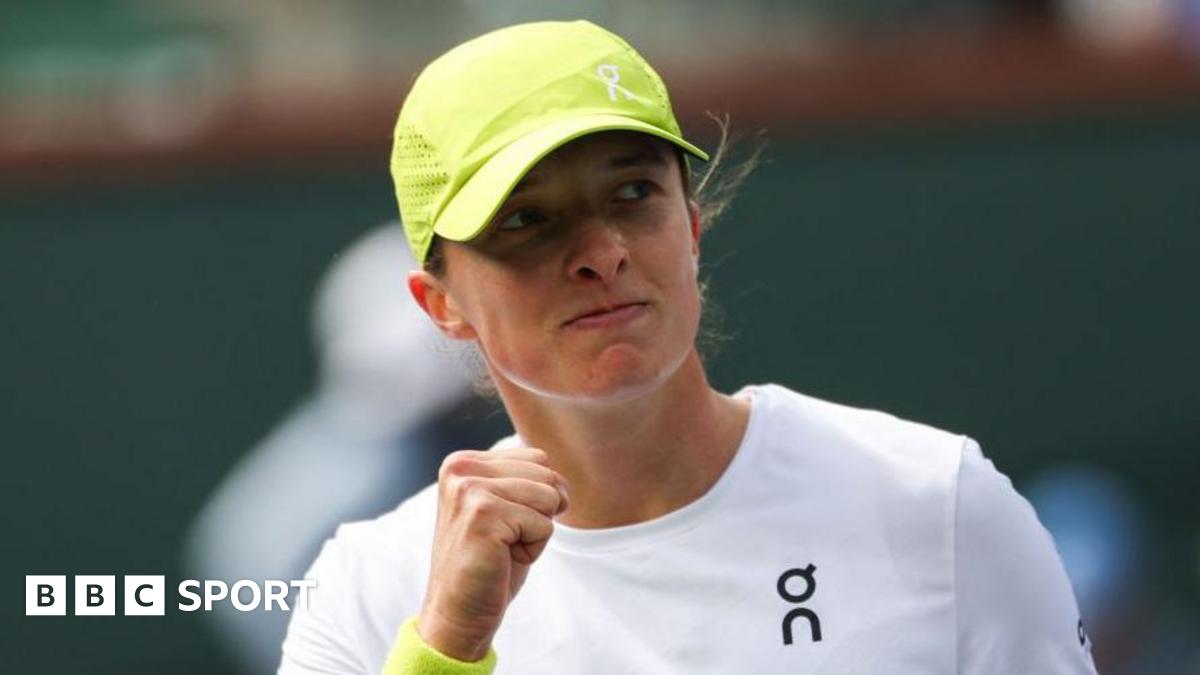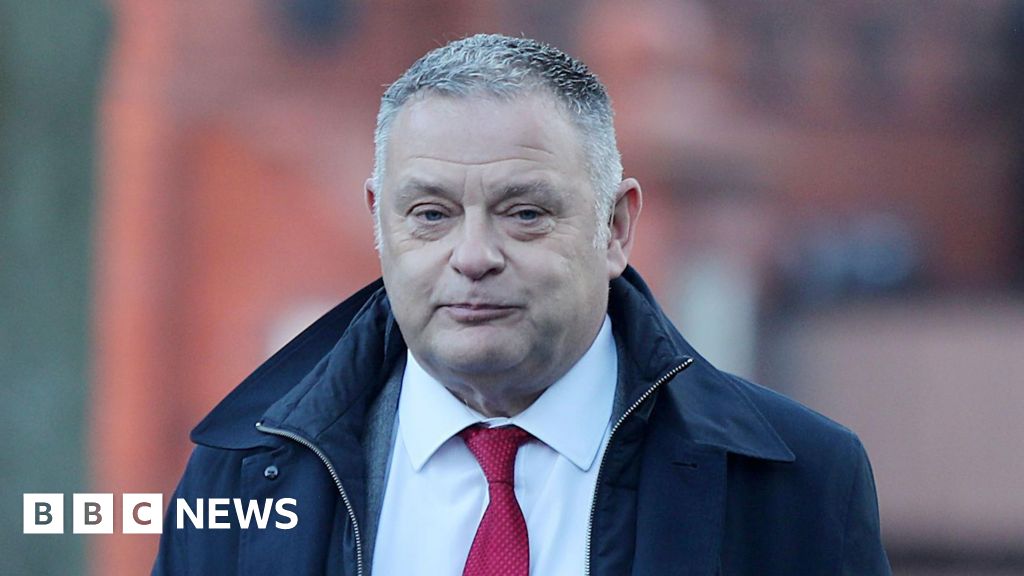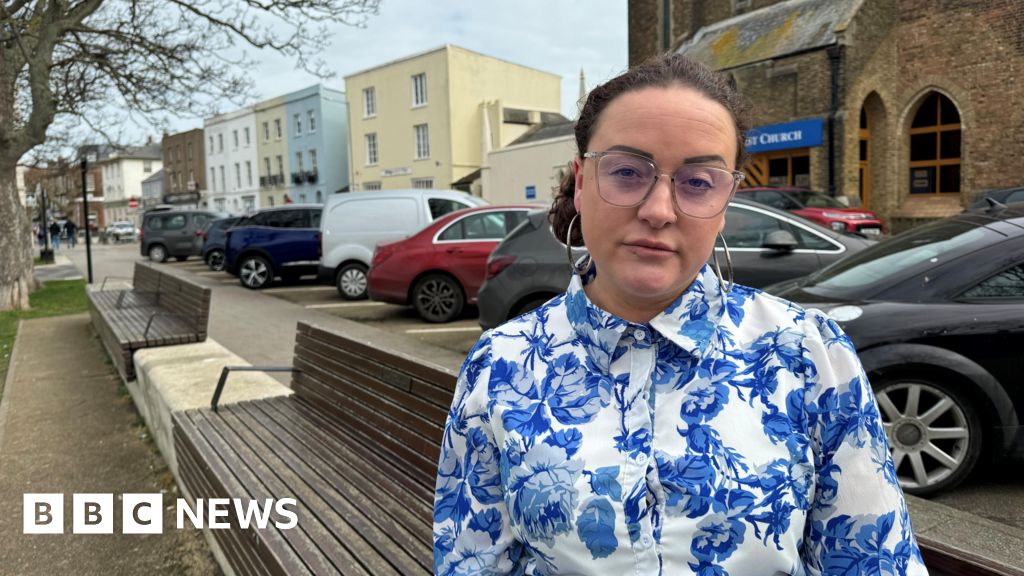England's Champions Trophy match against Afghanistan will go ahead, despite calls for a boycott.
A cross-party letter, signed by nearly 200 UK politicians, was sent to the England and Wales Cricket Board (ECB) asking for England to refuse to play in response to the Taliban's human rights record.
Female participation in sport in Afghanistan has effectively been outlawed since the Taliban returned to power in 2021.
The matter was discussed at an ECB board meeting on Thursday, after which the governing body confirmed the match in Lahore on 26 February will take place as scheduled.
In a statement, the ECB said the situation in Afghanistan "is nothing short of gender apartheid", adding a co-ordinated international response by the cricketing community is the appropriate way forward.
"At a cricketing level, when women's and girls' cricket is growing rapidly around the world, it is heartbreaking that those growing up in Afghanistan are denied this opportunity, but the appalling oppression of women and girls by the Taliban goes so much further," it read.
It added the ECB donated £100,000 to the Global Refugee Cricket Fund to help female cricketers in exile, and it will continue to press the ICC to take action, including supporting the women and girls of Afghanistan who want to play cricket.
England will also play Australia and South Africa in the Champions Trophy, which takes place in Pakistan and Dubai from 19 February.
England have played Afghanistan twice – at the 2022 T20 World Cup and the 2023 50-over World Cup – since the Taliban returned to power in 2021.
Calls for a boycott of this fixture were led by Labour MP Tonia Antoniazzi, who said England's players should use their "power" to "make a difference".
Her fellow Labour MP and Culture Secretary Lisa Nandy said the game should go ahead, adding that boycotts were counter-productive.
When asked last month about the possibility of the players leading a boycott, similar to England's refusal to play in Zimbabwe during the 2003 World Cup, captain Jos Buttler said: "I don't think a boycott is the way to go about it."
As a Test-playing nation, Afghanistan are classed as full members of the International Cricket Council (ICC).
ICC regulations state full membership is conditional upon a country having women's cricket teams and pathway structures in place.
However, Afghanistan have been allowed to continue playing Test cricket and in ICC events despite the disbanding of their women's structure.
ECB chief executive Richard Gould wrote to the ICC, calling for more action from the global governing body.
He stopped short of calling for an immediate boycott but did ask the ICC to place "immediate condition" on Afghanistan's full member status to provide women's cricket by a certain date.
In 2020, 25 female players were given professional contracts by the Afghanistan Cricket Board.
When the Taliban returned to power the following year, more than 20 members of the Afghanistan women's team fled to Australia.
Last week, an Afghanistan Women's XI played an exhibition match in Melbourne, their first match as a collective since arriving in Australia.
Nahida Sapan, captain of the Afghan XI, told the BBC's Stumped she did not support a boycott.
"One of the biggest things we can do to help the Afghanistan women's cricket team is to put pressure on the ICC and the Afghanistan Cricket Board to recognise us here," she said.
"Right now the focus should be on us, not the men's team. When we focus on the men's team every country and also ICC will be ignoring us. This will be good for the people to think about us, not for the men's team."

 1 month ago
7
1 month ago
7









